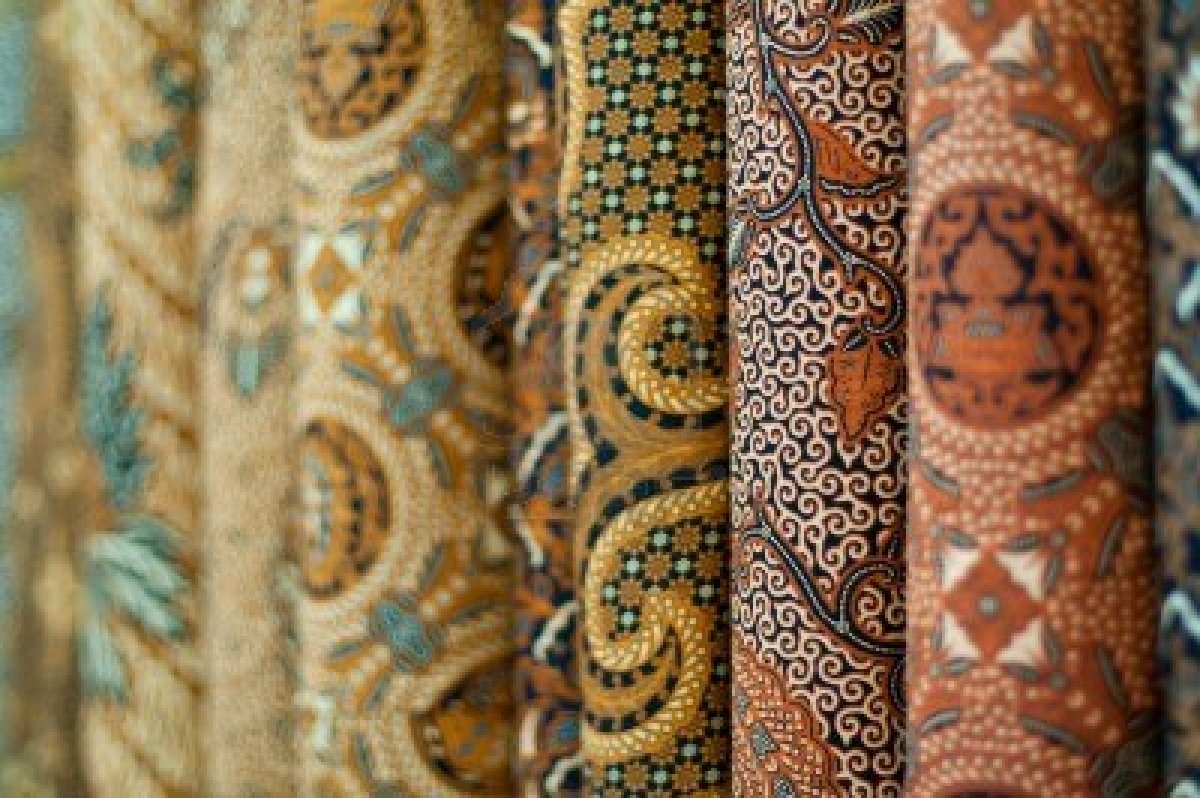Indonesia raises non-tariff barrier to protect local batik against imports

Jakarta Globe | 30 Jul 2015
Indonesia raises non-tariff barrier to protect local batik against imports
By Ridho Syukro
Jakarta. The Trade Ministry issued on Thursday a regulation requiring all importers who bring in batik-patterned fabrics to register with the ministry and secure a special permit to import the textile.
Domestic producers have long complained of a shrinking market share as cheaper fabrics from Malaysia and China flood in thanks to a free-trade agreement that has slashed import duties on the product. Meanwhile, red tape, poor infrastructure, rising wages and a weakening rupiah continue to push up local companies’ costs, driving up their prices.
“Domestic-made batik has to be protected from the competition from imported ones,” Trade Minister Rahmat Gobel said on Thursday. “Batik has to be the host in its own home.”
Under the regulation, which takes effect as of Oct. 25, importers must sign up with the Trade Ministry to secure a permit to import any kind of fabric with a batik pattern.
The regulation also restricts the number of ports through which the companies may ship in the textiles. These are Belawan in Medan, North Sumatra; Tanjung Perak in Surabaya, East Java; Soekarno-Hatta in Makassar, South Sulawesi; and Soekarno-Hatta International Airport outside Jakarta.
The ministry will also require a report from an independent surveyor to verify the origin of the batik.
Indonesia imported $87 million worth of batik last year – mostly from Malaysia and China – up 15 percent from 2012, when the country began cutting the textile import duty under the Asean-China Free Trade Agreement.
Under the free-trade pact, Indonesia agreed to slash the textile import duty to between 0 and 5 percent by 2018, from a maximum 20 percent in 2012. Current duties range from 0 to 15 percent.
Indonesia’s batik exports during that same period jumped 22 percent to $340 million, according to Trade Ministry data, with main destinations including the United States, Germany and South Korea.
Indonesian batik was recognized in 2009 by Unesco as a world intangible heritage item.





